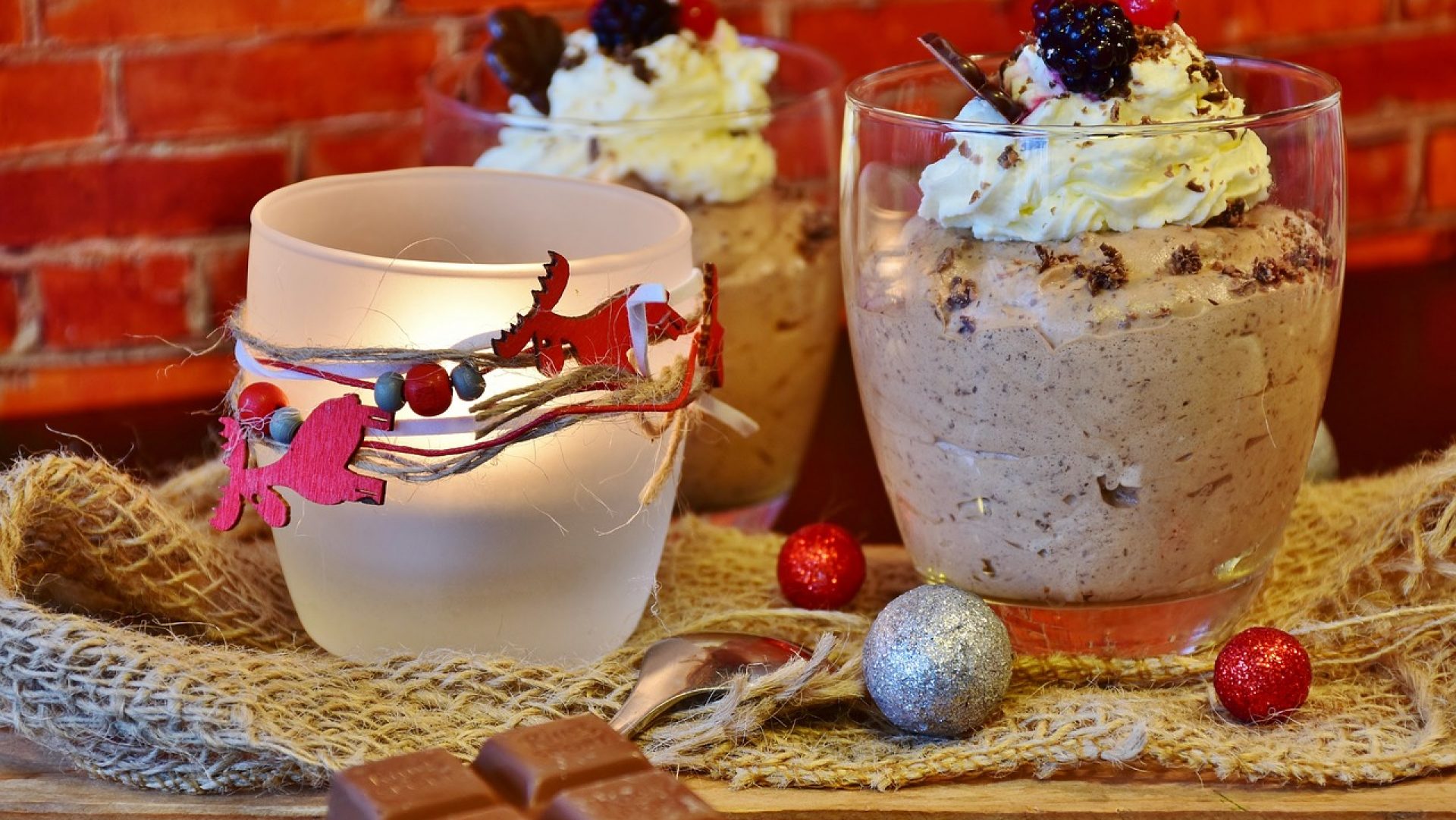It can be quite daunting and expensive to treat a horse who has skin issues. This would require consulting a veterinarian and buying the prescribed oral and topical medications. If the disease spreads to all the horses in the same stable, it would lead to even higher expenses as well as discomfort for the horses themselves. Hence, its much better to prevent the skin diseases from even occurring. To do that, here are some of the things one should keep in mind to keep a horse’s skin healthy.
* Regular grooming sessions
Most skin diseases arise from the accumulation of dirt and moisture. This can be prevented by keeping the horses skin clean and dry. The skin needs to washed with clean water and lathered with an antimicrobial soap. After giving the horse a bath, the skin must be dried immediately to prevent absorbing dust and debris.
* Proper stable sanitation
The horses stable must be cleaned every day. The horse’s urine and feces can scatter and pile up if left untended to. The stable must be regularly washed to prevent it from attracting disease-causing bacteria. Proper sanitation also includes keeping the stable free from insects and mites. The stable keeper must spray insecticide in every corner of the stable. The horses must be placed in a holding area while this procedure is performed.
* Proper nutrition
Some horses might also be sensitive to the type of food given them. Incomplete feed and supplements can cause stress to the horses. Any form of stress can lead to systemic skin reactions such as alopecia, discoloration, and dryness. Hence, one way of preventing skin diseases is to provide them with complete nutrients.
Aside from the nutrients from the feed theyre given, its also recommended to supply horses with vegetable oils, biotin supplements, and omega-3 fatty acids. These substances keep the skin healthy. The products to be used must be specifically made for horses, since pH levels vary for every animal.
* Minimize stress factors
Stress can highly affect the performance of a horses body systems. Extreme stress often leads to skin diseases like alopecia, pastern dermatitis, and sores. These issues are also attributed to excessive increase or decrease in surrounding temperature, less ventilation, poor sanitation, and inadequate nutrition. Hence, controlling these stress factors and maintaining optimum levels in the stable can reduce the risks of acquiring skin diseases.
* Minimize clipping
Clipped horses are more susceptible to skin diseases during extreme hot or cold weather. Without enough hair volume, the horses skin is easily irritated and inflamed. Excessive hair clipping leads to red skin, rashes, ingrown hairs, pustules, and raised ridges on the skin. Hence, clipping must be minimized to maintain enough hair volume.
